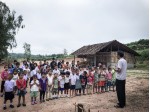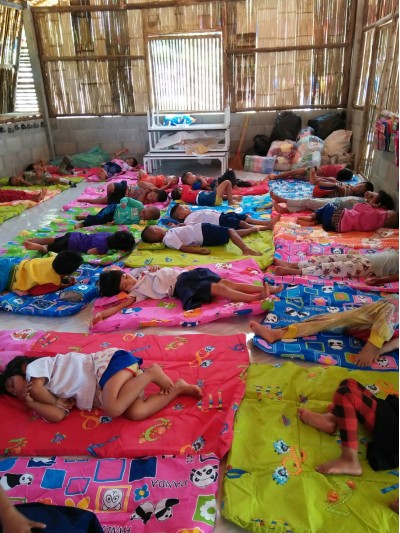What can we do to resolve the issues?
 The first thing is to be flexible in the approach to registration, attendance and teaching. If we can adapt our methods to more closely fit the lives of the children, it will be easier to access education, attend regularly, and actually benefit from the curriculum. We hope that even if the current leaving age of a stateless child remains no higher than 12 years, at least they will have skill sets and knowledge which will help provide the opportunity of a better future for themselves and their family.
The first thing is to be flexible in the approach to registration, attendance and teaching. If we can adapt our methods to more closely fit the lives of the children, it will be easier to access education, attend regularly, and actually benefit from the curriculum. We hope that even if the current leaving age of a stateless child remains no higher than 12 years, at least they will have skill sets and knowledge which will help provide the opportunity of a better future for themselves and their family.
 Flexibility comes in a number of ways.
Flexibility comes in a number of ways.
We remove the requirement of starting school only at the beginning of term. This ensures that a child can learn as soon as they are ready to join the class, rather than losing months of potential learning.
Children with younger siblings can bring them to school as well. Not only will the student be able to attend school more regularly and continue to care for their younger brother or sister, it also means the younger one will have early access to education and social development.
The curriculum has been designed to fit with the lives of the local community, teaching local language as well as Thai and English. Subjects which give practical skill sets are intertwined with standard topics such as maths.
